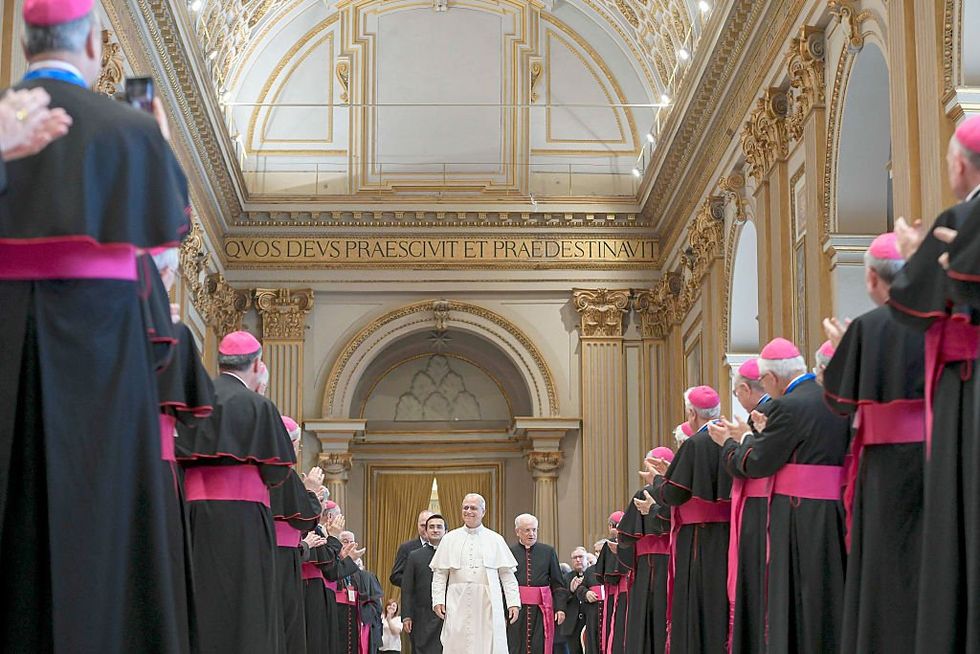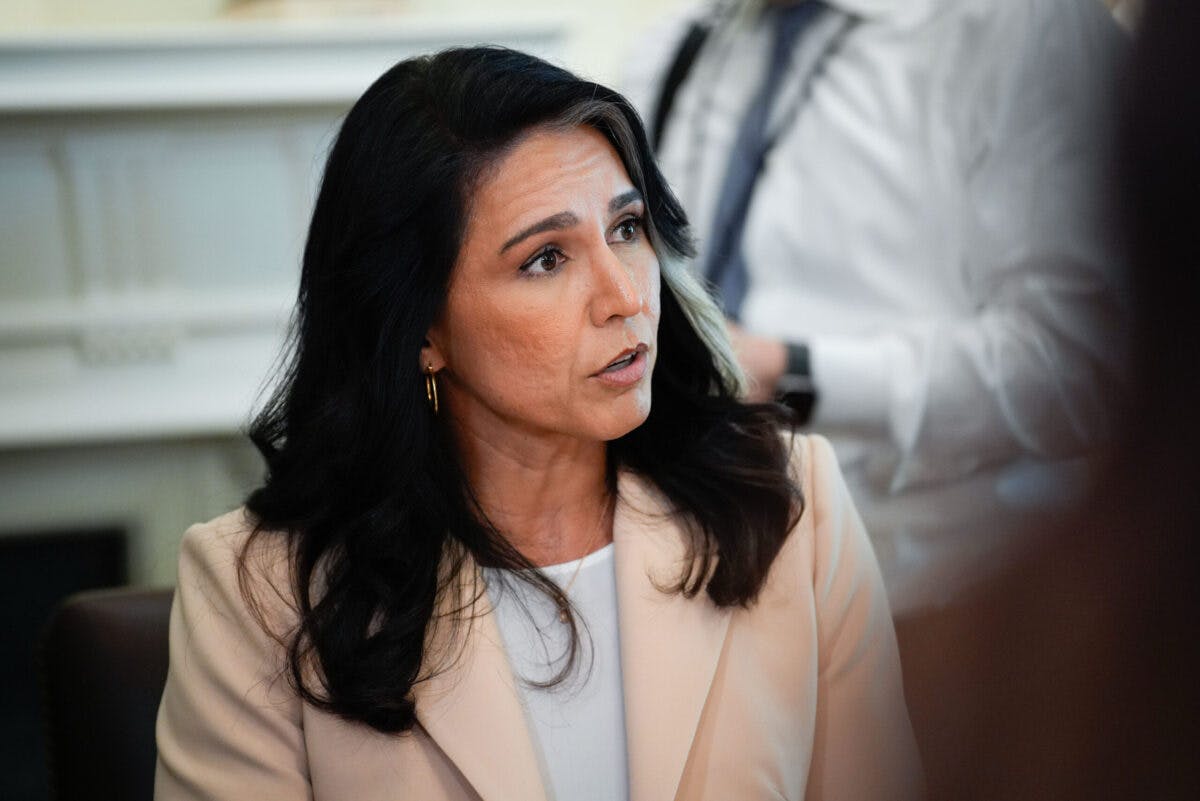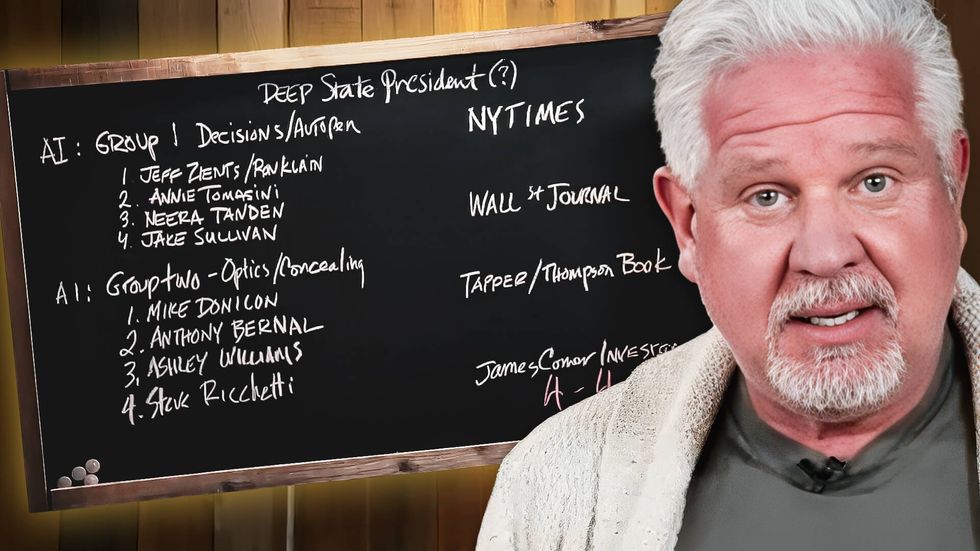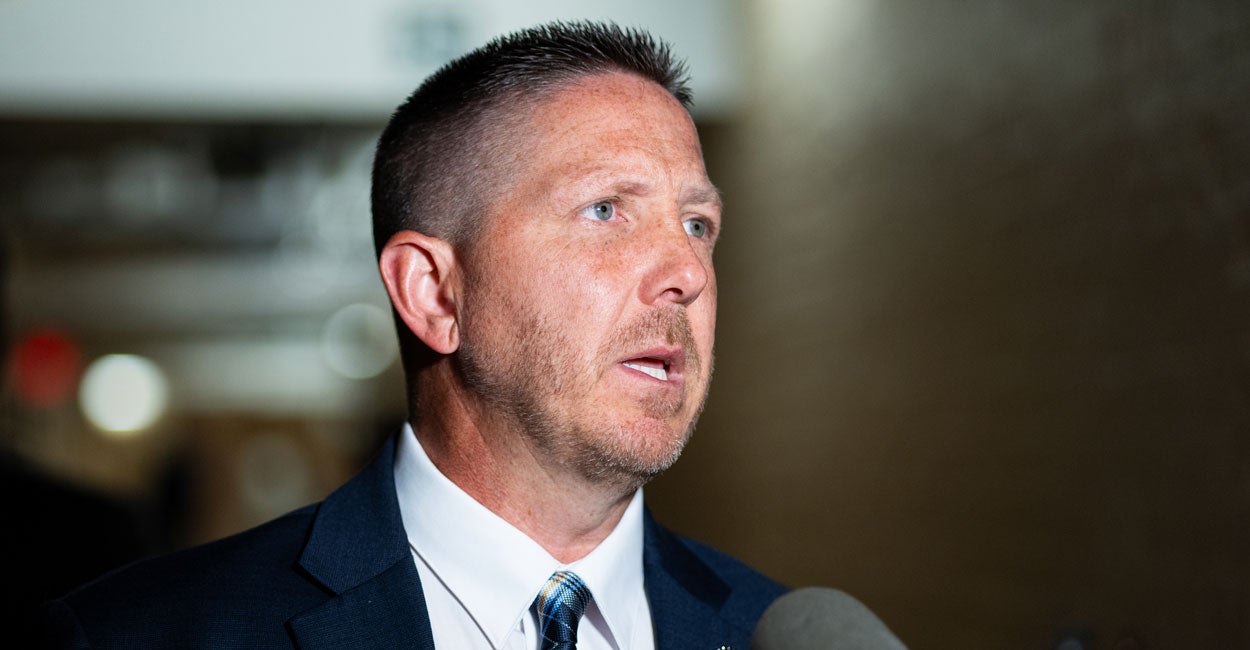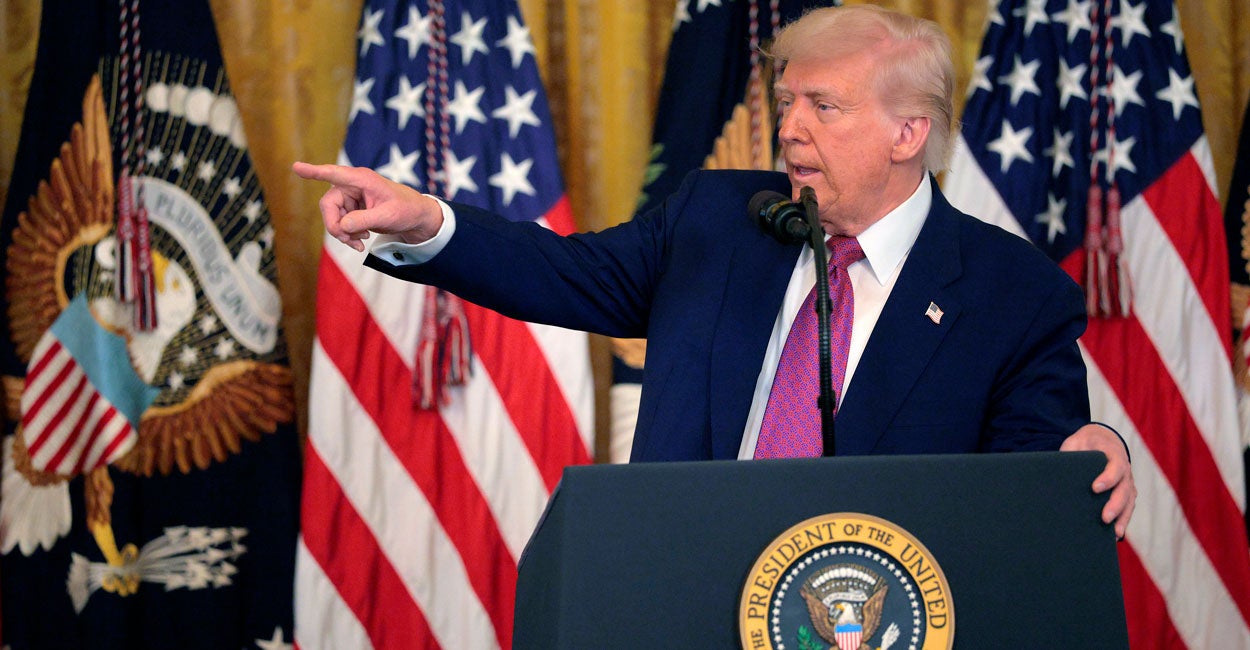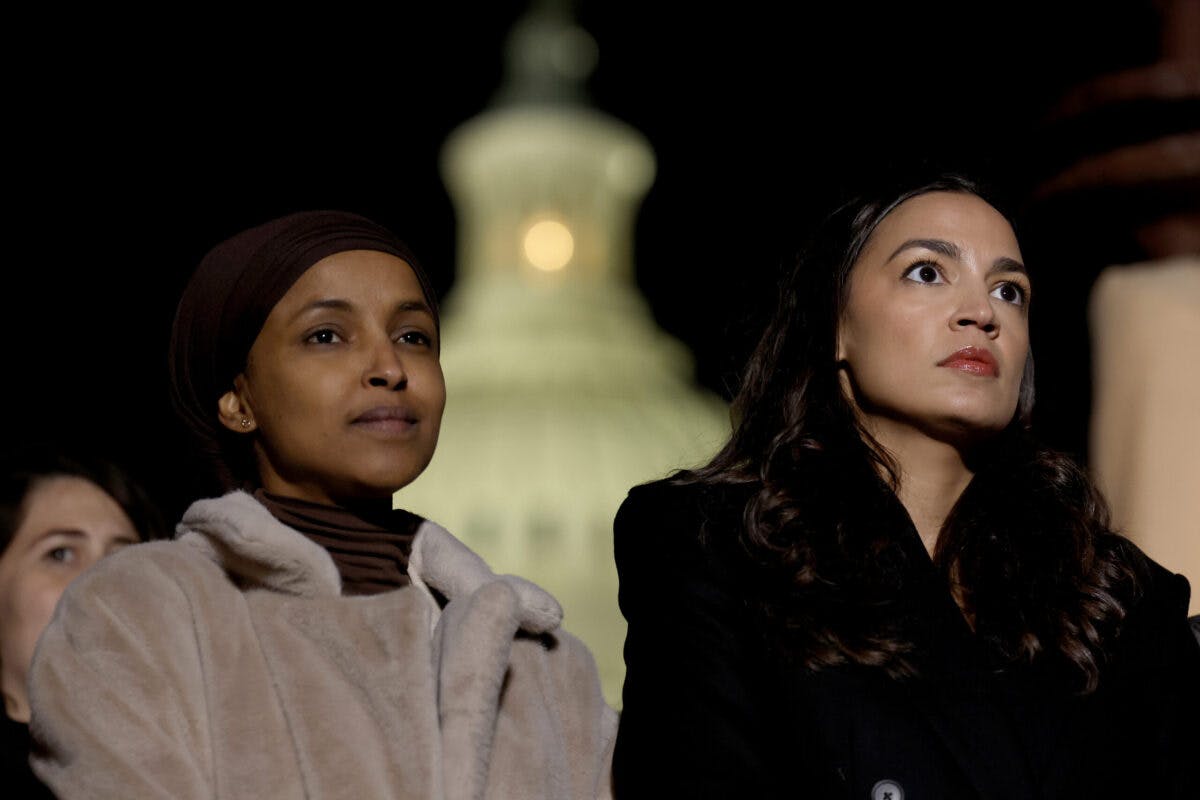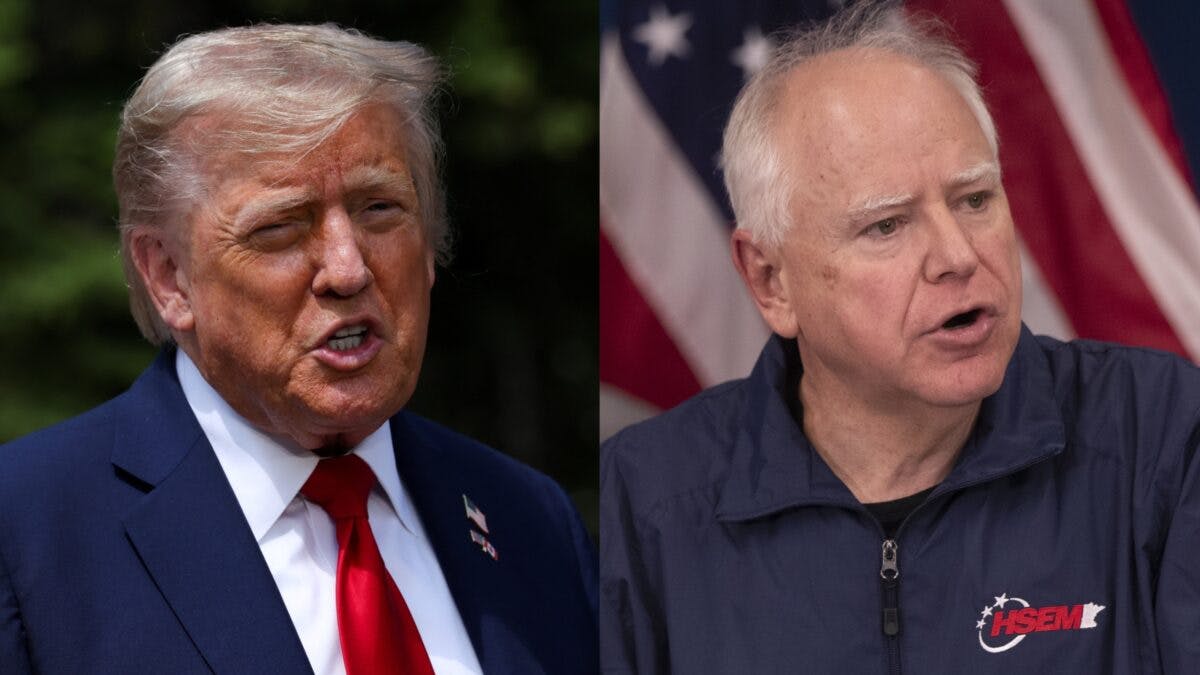'Pardons for me, no justice for thee': Biden vetoes bill that would have let Trump nominate much-needed judges
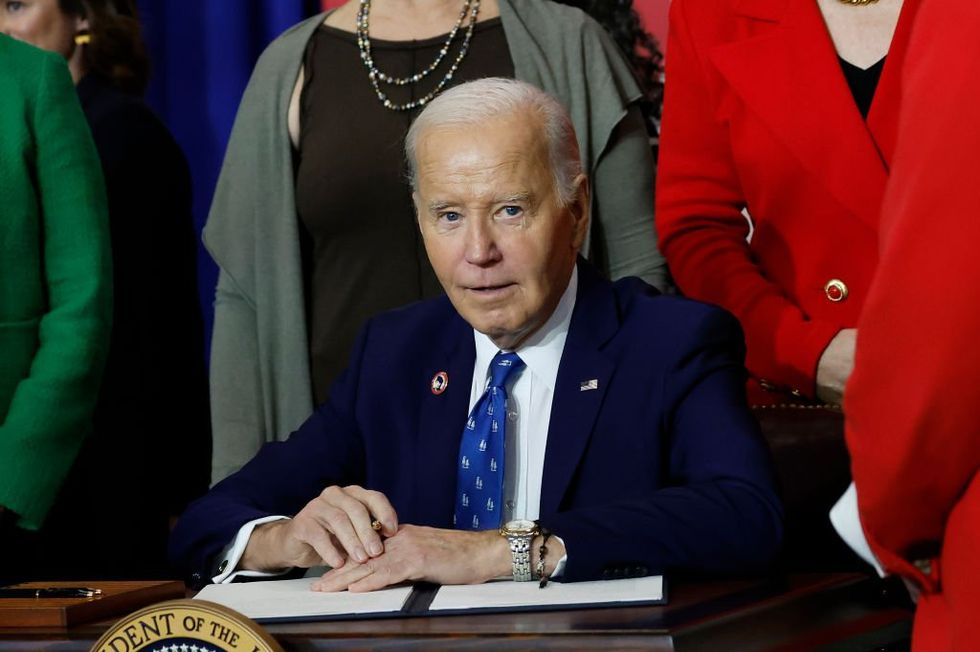

President Joe Biden appears keen to maximize consequential, controversial, and costly decisions in his final days as president.
Following President-elect Donald Trump's landslide victory last month, Biden and his administration undermined the Republican's goal of peace in Ukraine and risked turning America's proxy war with Russia into a direct nuclear conflict with the authorization of use of long-range American missiles; took steps to "Trump-proof" the federal bureaucracy; gave his felonious son Hunter Biden an "unconditional" blanket pardon and commuted the sentences of child-killers, grifters, and other loathsome convicts; rushed through DEI-satisfying judges; and set high-reaching greenhouse gas emission targets.
Par for the course, Biden — set to end his presidency with a record-low approval rating — vetoed a bipartisan bill on Monday that would have created 66 new judicial seats in the coming years in understaffed federal courts across the country.
While the 82-year-old Democrat suggested that there remained unanswered questions about the potential allocation of judges, legal experts and lawmakers who championed the Judicial Understaffing Delays Getting Emergencies Solved Act of 2024 indicated Biden's concerns were unfounded. Critics suggested Biden simply wanted to preclude his popular Republican successor from nominating dozens of new judges over the course of his second term.
'The President is more enthusiastic about using his office to provide relief to his family members who received due process.'
Reuters noted that had the bill been enacted, Trump would have been able to fill 22 permanent and three temporary federal judgeships in his second term in addition to the over 100 judicial appointments he is already expected to make.
Sen. Todd Young (R-Ind.), who co-sponsored the initial Senate bill with Democratic Sen. Chris Coons (Del.), noted on X, "Issuing this veto is partisan politics at its worst. The JUDGES Act is a fair bill with strong bipartisan support that would have created 66 judgeships over three presidential terms to address our judicial backlog."
"The President is more enthusiastic about using his office to provide relief to his family members who received due process than he is about giving relief to the millions of regular Americans who are waiting years for their due process," continued Young. "Biden's legacy will be 'pardons for me, no justice for thee.'"
The authors of the legislation noted that by the end of fiscal year 2022, district courts were overwhelmed and in many cases understaffed: "As of March 31, 2023, there were 686,797 pending cases in the district courts of the United States, with an average of 491 weighted case filings per judgeship over a 12-month period."
Although authorized by Article III of the U.S. Constitution to establish judgeships in district courts, Congress has not done so since 2003. The Judicial Conference of the United States recommended to Congress in March 2023 the creation of new district and court of appeals judgeships to address the workload demands facing certain courts.
The JUDGES Act of 2024, which embraced the conference's recommendations, passed the Senate in October with an amendment by unanimous consent — back when Democrats figured they would have fellow traveler Kamala Harris making the judicial nominations.
'This veto is about power, not justice.'
Weeks after Trump won the election, Biden threatened to veto the bill.
The Federal Judges Association and Federal Bar Association implored the geriatric Democrat and members of the House to get over their doubts and similarly pass the bill, stressing in a Dec. 11 statement that it would add judges "in a non-partisan manner and through its creative staggered approach to creating these new judgeships, offers the best chance in three decades for addressing the increasing judicial caseload crisis."
Judge J. Michelle Childs of the FJA and Glen McMurry, president of the FBA, noted further in their joint statement, "Failure to enact the JUDGES Act will condemn our judicial system to more years of unnecessary delays and will deprive parties in the most impacted districts from obtaining appropriate justice and timely relief under the rule of law."
The House of Representatives passed the bill on Dec. 12 in a 236-173 vote.
Following the bipartisan embrace of the JUDGES Act in Congress, Democratic Rep. Lou Correa (Calif.) and Rep. Darrell Issa (R-Calif.) penned a letter to Biden urging him to reconsider his veto threat, noting that "addressing the needs of our judiciary is not a partisan issue but a national imperative."
The requests by judges and lawmakers of various stripes evidently fell on deaf ears.
In his veto announcement Monday, Biden stated, "The House of Representative's [sic] hurried action fails to resolve key questions in the legislation, especially regarding how the new judgeships are allocated, and neither the House of Representatives nor the Senate explored fully how the work of senior status judges and magistrate judges affects the need for new judgeships," according to a White House transcript.
Biden suggested further that the "efficient and effective administration of justice" requires that these questions undergo further study and insinuated that helping courts meet workload demands — a problem recognized by members of both major parties — was not the "true motivating force behind the passage of this bill."
Judge Robert Conrad Jr., the director of the Administrative Office of the U.S. Courts, said in response, "The president’s veto of the JUDGES Act is extremely disappointing. Providing additional judgeships is essential to improving access to the courts and necessary for the efficient and effective administration of justice."
Conrad noted that Biden wasn't just spiking a carefully considered bill that was based on thorough analysis but breaking from a custom he appeared previously happy to uphold.
"This veto is a deviation from the long historical pattern of approving judgeship bills that awarded new judgeships to sitting presidents. The president's veto is contrary to the actions of Senator Biden who helped pass many of those bills," wrote Conrad. "It is regrettable that the administration failed to support the federal judiciary and rejected this bipartisan, bicameral, and interbranch agreement. The president’s veto will contribute to the pattern of growing caseloads and increasing backlogs that hurt litigants and weaken public confidence in our courts."
Rep. Issa called the veto "a petty, partisan, and pointless act by a presidency that can't end soon enough."
"Very disappointed President Biden has vetoed the JUDGES Act, despite strong bipartisan support in Congress," tweeted Rep. David Valadao (R-Calif.). "This decision leaves countless individuals struck in a backlogged legal system without the judges needed to address delays."
Republican Rep. Harriet Hageman of Wyoming emphasized that Biden's veto was purely a partisan maneuver, noting, "The JUDGES Act of 2024 was 'necessary' until the point Republicans would hold a trifecta. This veto is about power, not justice."
Like Blaze News? Bypass the censors, sign up for our newsletters, and get stories like this direct to your inbox. Sign up here!
Originally Published at Daily Wire, Daily Signal, or The Blaze
What's Your Reaction?
 Like
0
Like
0
 Dislike
0
Dislike
0
 Love
0
Love
0
 Funny
0
Funny
0
 Angry
0
Angry
0
 Sad
0
Sad
0
 Wow
0
Wow
0



